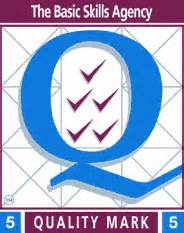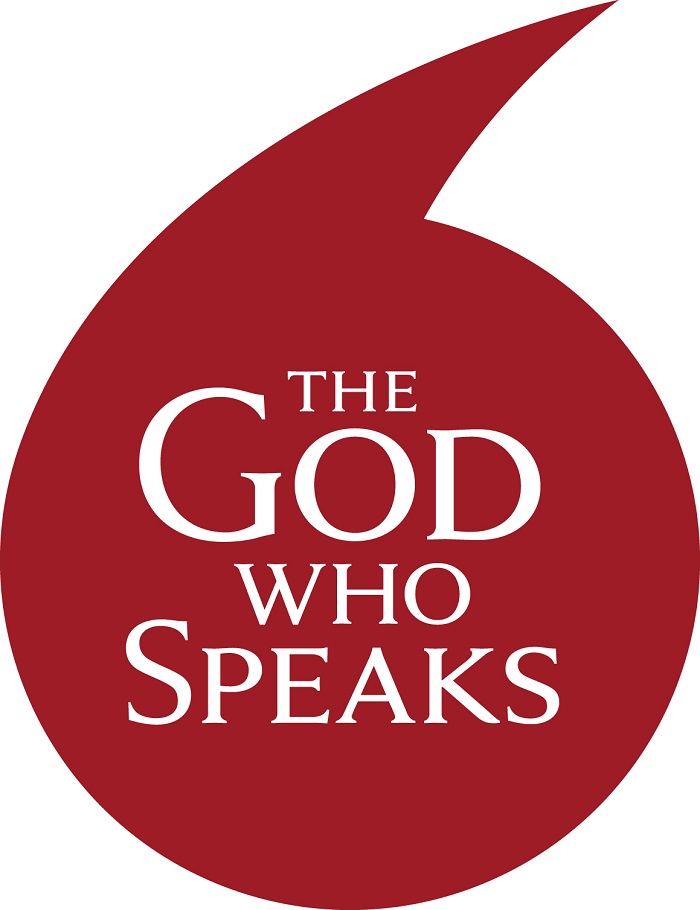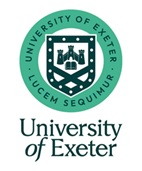EAL
Children Who Are New to English
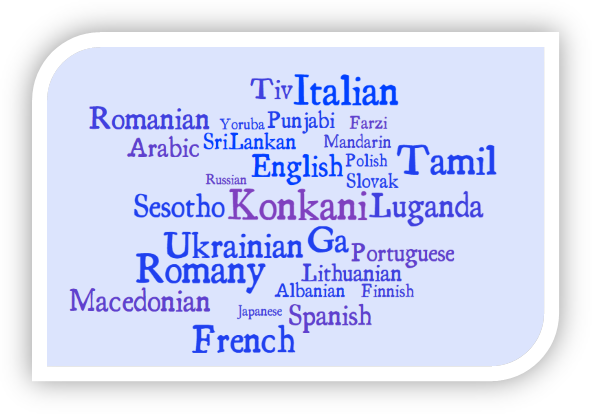 Any pupil who speaks another language, apart from English, falls into the EAL category (English as an Additional Language). This includes pupils who were born in the UK. At
Any pupil who speaks another language, apart from English, falls into the EAL category (English as an Additional Language). This includes pupils who were born in the UK. At
St Edmund’s we believe that speaking more than one language is an asset and should be celebrated. There are over 28 different languages spoken by pupils and staff at our school. It is important to us that pupil’s home language skills, culture and identity, are valued and shared.
Through quality first teaching, all class teachers strive to ensure that their teaching and planning considers the needs of our EAL pupils, in order to offer the best support. Class teachers work closely with the EAL coordinator to ensure EAL pupils feel welcomed and valued at our school and are making good progress in their acquisition of the English language. Games, songs and practical activities are all used to stimulate pupil’s speaking and listening skills as well as to consolidate their learning. Pupils are pre-taught key vocabulary related to their class topic and literacy topics to ensure that they feel confident in class and can participate in whole class lessons. We have dual language story books, in a variety of languages, which can be borrowed and taken home so that pupils can build upon their vocabulary and obtain a greater depth of understanding. Where needed, pupils will also receive additional, focused, 1:1 or small group, sessions to support their learning of English.
As pupils go through school and their language skills progress, they are monitored and supported. This is to ensure that at every stage of their time at St Edmund’s, they receive the support and help needed to achieve their potential.
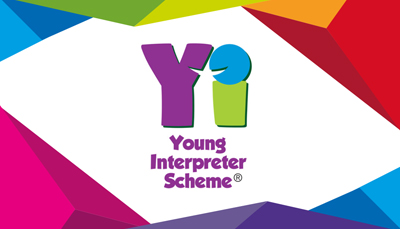 The Young Interpreters are a valued resource at our school. They comprise a group of pupils who speak an additional language to English. They help to settle new arrivals by communicating with them in their home language. As the year progresses, the Young Interpreters also read with them and then discuss events in their books, in their home languages, to ensure a deeper understanding is achieved.
The Young Interpreters are a valued resource at our school. They comprise a group of pupils who speak an additional language to English. They help to settle new arrivals by communicating with them in their home language. As the year progresses, the Young Interpreters also read with them and then discuss events in their books, in their home languages, to ensure a deeper understanding is achieved.
During the spring term, we celebrate our diverse community by having a ‘focus language’ of the week. This language is decided upon by our Young Interpreters who take charge of presenting key phrases to the rest of the school at our Whole School assemblies. This encourages pupils to celebrate the diverse communities that make up our school and empowers pupils who are both new to English, and bilingual, to share their language skills with their peers.
We are so lucky to have a multicultural community who speak a variety of languages and who can share their experiences of the wider world with us. It is this, that creates the strong feeling of belonging you experience when you enter our school and join our community.





